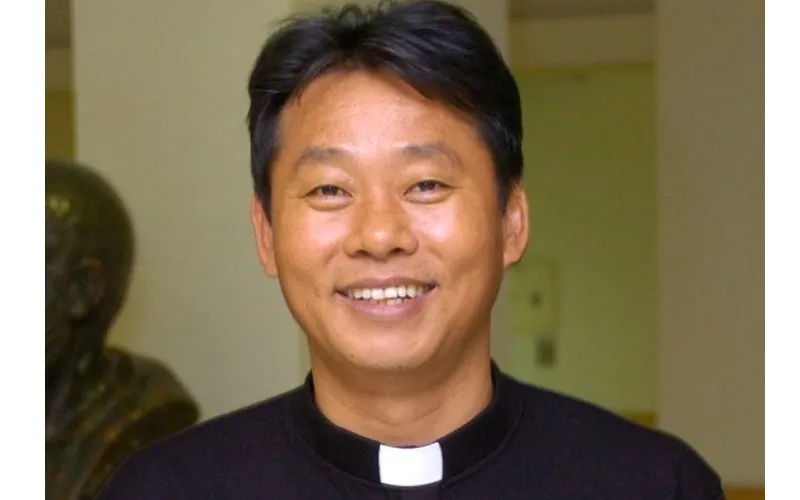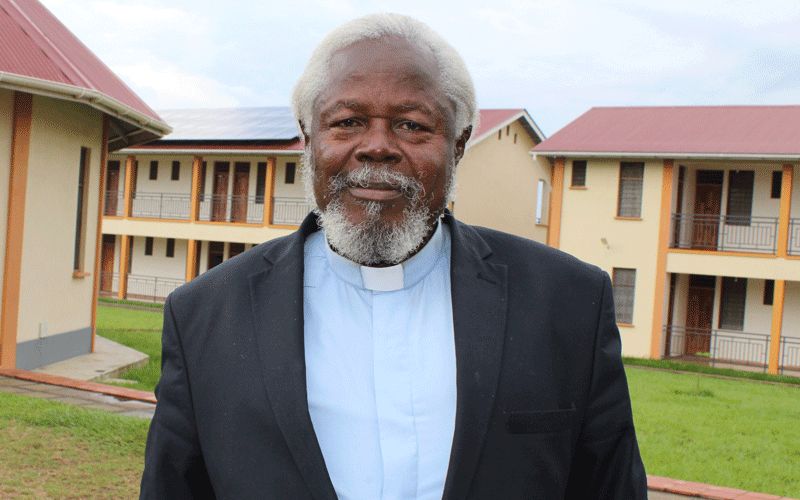Fr. Mongu lamented that the citizens of South Sudan, particularly in his diocese, ignore the directives on COVID 19 due to lack of awareness.
“They are not aware; they are not informed; they are not told,” he said and added, “When they see the police implementing the order to stay at home, that is when they will know it is serious.”
He also blames the poor understanding of COVID-19 among members of the public on lack of education.
“They say what is corona?” he recalled people’s rhetorical questions in his pastoral region, adding, “They say it is far away; but I tell them it is in Juba and Juba is not far from Wau.”
In his message to the implementing agencies, the organized forces, the South Sudanese Cleric urged the police and the military to obey the presidential orders.
(Story continues below)
“I am sure when the soldiers are moving around with their guns, people know that there is something dangerous. We should not keep quiet. Prevention is better than cure,” he said.
“I have got friends in Italy; I have got friends in America; I have got friends in Germany, in France, in the UK; they are always telling me, Father, if you want to be safe, stay in one place, don’t move from there, buy food and stay in your place, don’t move,” Fr. Mongu said.
Meanwhile, Salesians of Don Bosco in the neighboring diocese of Rumbek have partnered with John Lee Memorial Hospital to offer medicines to some 325 IDPs suffering from various diseases in Tonj, located northwest of the country.

“We went to Kuelchok (IDPs’ Camp) because we heard that many people are suffering there without medicines, food, and other facilities,” Salesian of Don Bosco Sister, Shanty Anthony who led the team told Don Bosco Radio, one of the radios of the Catholic Radio Network (CRN).
According to Sr. Shanty, the thousands of people in Kuelchok area, which is about 15 kilometres southwest of the Catholic Mission of Tonj, were displaced two months ago by inter-communal clashes.
Sr. Shanty who is also the director of Don Bosco Radio said that it was not easy to reach and offer medication to the IDPs, many who are suffering from malaria, owing to COVID-19 lockdown in the country. Many of the IDPs, according to the Indian-born nun, are also suffering from diarrhea and gastritis.
John Lee Memorial Hospital is a medical facility in honor of a South Korean Salesian doctor and priest who, until his death in 2010, ministered in the parish of Tonj. Fr. John Lee (photo above) succumbed to a chronic disease at the age of 48.
In January, memorial Masses were celebrated in South Korea and in Tonj to mark 10 years since the death of Fr. John Lee. Remembered for his missionary zeal to serve the poor and share the Gospel as a medical professional and an accomplished musician, Fr. John Lee has been described as the “Don Bosco of Tonj.”









